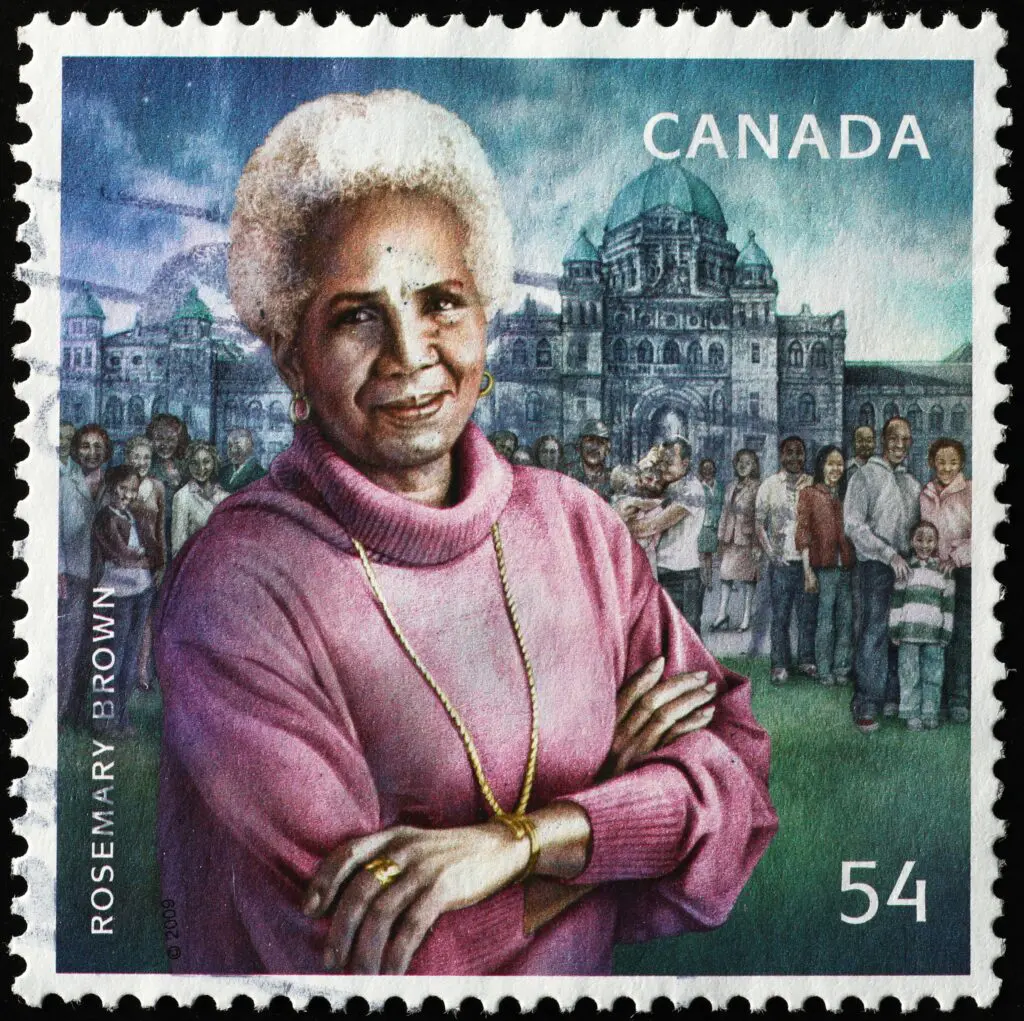In recent years, healthcare professionals across various fields have conducted many studies in order to gain more knowledge on the cognitive and physical effects of loneliness. Some of the negative physiological effects that have been linked to loneliness include the hardening of the arteries (which leads to high blood pressure), inflammation and more. Cognitively, loneliness is known to create problems with learning and memory.
For most people, feelings of loneliness occur for a short period of time and then they typically go away. However, a lack of human closeness has been known to create or worsen existing mental health disorders. The good news is that with the right treatment and social contact, some of the damaging effects caused or fueled by loneliness can be reduced.
If you’re considering a career as a community mental health worker, it’s important to understand the correlation between social isolation and certain mental health disorders.
Read on to find out how some common mental health disorders are fueled by loneliness.
Community Mental Health Workers Know Loneliness Often Leads to Depression
At one point or another, many people have felt sadness and loneliness as a result of their friends and family not being around—and while they may experience some signs of depression, these feelings often fade with time. However, people who do not have any close relationships at all can actually spiral into severe depression as a result.
Professionals with outreach worker training know that individuals who suffer from depression may isolate themselves while they are in a down period, and experience loneliness as a result. In cases like these, it’s depression that precedes loneliness.
However, a recent study conducted at the University of Chicago proved that when people who lack close relationships experience feelings of loneliness, they’re at a higher risk of developing depression over time, compared to individuals with a healthy social life.
Close interpersonal bonds not only decrease loneliness, they give people a sense of meaning that can prevent them from becoming depressed.
Community Mental Health Workers Know Isolation Can Create Social Anxiety
In some cases, loneliness may not be caused by social isolation, but rather by the fear and discomfort of getting to know people and building close connections with others. This is usually referred to as social anxiety.
Professionals who have taken social service worker courses know that the most extreme symptoms of social anxiety can cause clients to be gripped by fear, which can often result in an inability to leave the house. Some of the milder symptoms, such as feeling unlikable or unworthy of good relationships, can come from the anxiety that’s usually caused by loneliness.
Community Mental Health Workers Know Addiction Can Stem from Loneliness
Addiction can be attributed to many factors, including genetics and trauma. Another factor, which is often overlooked, is loneliness.
In fact, some clients turn to addiction because they are trying to “fill the void” created by a lack of meaningful relationships. It’s suggested that individuals who are unable to connect with others will try to connect with anything they find, even if that means consuming drugs and alcohol, or perhaps gambling.
One of the problems with addiction and loneliness is that most people suffering from addiction rarely take part in healthy social interactions.
For example, it can be very difficult to form close relationships with others who engage in addictive behaviours. Such relationships might not provide the positive benefits offered by meaningful relationships with close friends and family members.
Are you interested in becoming a community mental health worker? Visit Stenberg for more information or to speak with one of our expert advisors.






